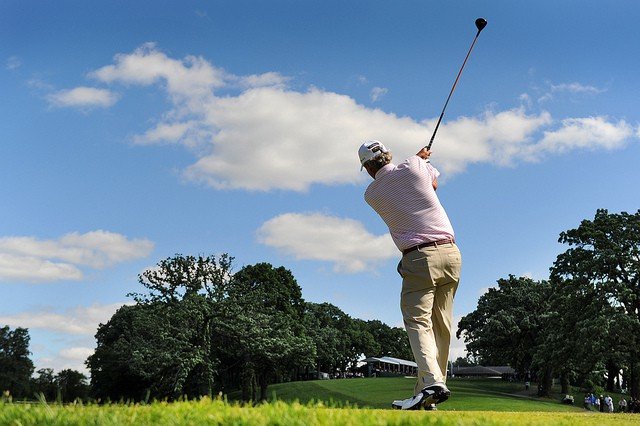
7 Mental Game Lessons To Make 2014 A Year To Remember
Happy New Year to you! Let’s get 2014 off to a great start by setting some golf new year’s resolutions. Here are my top 7 things to work on throughout the year to make it a great one for your golf game.
1. Decide on where you want to be as a golfer by the end of the year
Is this breaking 80, or perhaps becoming a single figure or scratch handicap?
“In order to be successful you have to develop your inner vision. If you have no vision for the future, you are destined to fail in the long run.” – Greg Norman
This is not to say we are going to make scores the goal or lose focus on the present moment when we’re on the course. But knowing where you want to go helps you get there. Imagine trying to drive to a destination without knowing where it is. Yeah…not so easy.
Internal imagery of future performance has been proven to improve a players scores, so imagine what level of player you want to be at the end of the year.
2. Spend more time on your short game and putting
I know you’ve heard this before but if you really want to get better you have to spend at least half your practice time on the short game and putting. It’s hard in the winter, but there are many ways you can work on your putting on the carpet at home. Just try a few from the Golf State of Mind Putting section.
[subscribelocker] 3. Focus less on techniqueIn order to play your best in 2014, you’ll need to make your game about visualization and feel, not technical swing thoughts. Practice the fundamentals every time you practice, but work on seeing the shot shape and trajectory and becoming aware of the feelings associated with the shot. A good test for this is the “Nine Shots” challenge, which you can do on the driving range: The Nine Shots Practice Challenge
4. Have a very precise target for every shot
This is a very simple yet powerful concept. Most of us swing without really identifying a precise target. This is one of the major differences I notice in the better players I coach. They see a very precise target for the shot. The more precise (and small) the target you can pick out, the more your body will move to hit it on that line. Finding a small target should become an integral part of your pre-shot routine.
5. Decide how you’re going to use your practice time
If you’re lucky enough to have time for practice, have a plan for it. Time is limited, so there’s simply no point in wasting it with ineffective practice. I’d recommend the Golf State of Mind Practice Drills Section which has plenty of great drills for whatever you need to improve, so you can structure each session (but I might be biased 😉
6. Hone your pre-shot routine and make that your goal for each round, instead of your score
How you feel the moment before you’re about to swing determines how well you’ll play the shot. Are you feeling as confident as you can be, or do you have doubt? How good was your alignment and vision for the shot? These are the questions you’re going to need to find answers to well advance of swinging and it will have a profound effect on the quality of your golf shots. Here’s where you can really knock shots off!
You need to become immersed in the shot and let the body execute it with the subconscious mind. This means that by the time you get to playing a shot, you don’t need to think about what you’re doing, just making a smooth swing. Perfect Preparation Prevents Poor Performance. Focusing on getting this right for each shot, is a much better target for your round than shooting a good score.
7. Develop the power of acceptance and learning from your rounds
“I never learned anything from a match that I won”. – Bobby Jones
Your reaction to the outcome of shots can be a major obstacle in getting better. We all hit shots that we don’t intend. It’s part of the game. But dwelling on poor shots, even for a just few moments, can increase your heart rate and tighten your muscles which will cause more of the same.
>Before every shot, tell yourself that although you have a plan and a positive intention it, if the ball doesn’t go where you want it to, you will not get upset and just accept it. Even verbalizing this internally will help you get over any misses or poorly struck shots.
Instead of analyzing and criticizing your game on the course (which is counter productive),become good at analyzing your round when you’re finished and figure out what to work on during your valuable practice time. A good way to do this is using egolfplan, by my friend and coach Nic Drezins.
Thanks for being a valued member of the Golf State of Mind community and I’m sincerely hoping for a better golf game for you in 2014.
[/subscribelocker]

